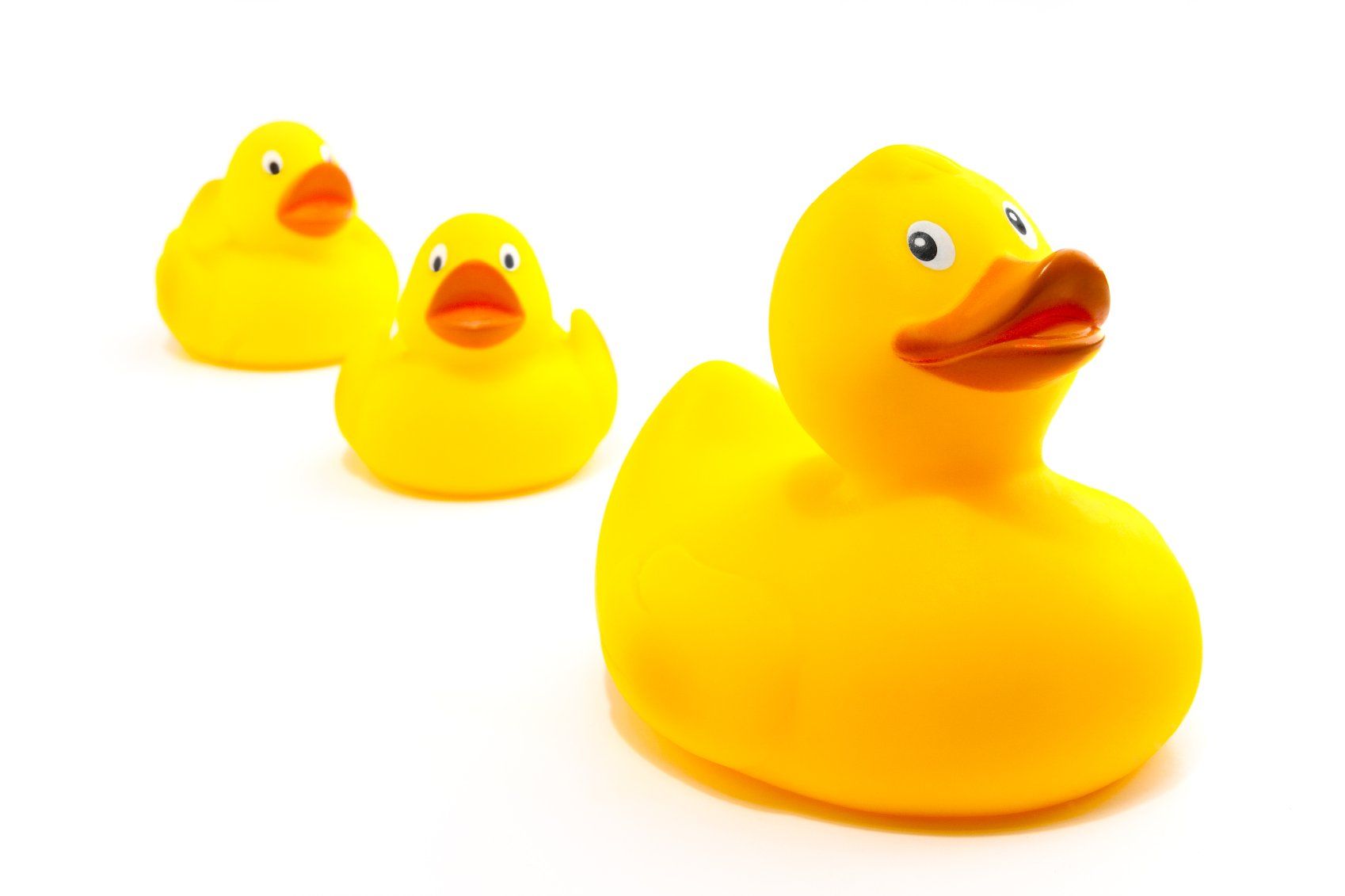Swim Program Descriptions
Swim Preschool - Parented (3 - 36 months)

Starfish
Duck
Swim Preschool - Unparented (3 - 5 years)
Preschool 1
Preschool 2
Preschool 3
Preschool 4
Preschool 5
Swim Kids (6-14 Years)
Swimmer 1
Swimmer 2
Swimmer 3
Swimmer 4
Swimmer 5
Swimmer 6
Rookie Patrol (8-10 hr.)
Ranger Patrol (8-10 hr.)
Star Patrol (8-10 hr.)
Leadership, Specialty and Elite Programs
Bronze Star
(10 hours) An excellent preparation course for success in Bronze Medallion. Participants develop problem-solving and decision-making skills. Candidates learn CPR and develop the lifesaving skills needed to be their own lifeguard. Includes a 400m timed swim.
Prerequisites: Swim Kids 10 or equivalent, minimum 11 years of age.
Please visit the Lifesaving Society website for more information.
Bronze Medallion and Emergency First Aid/CPR-B
(20 hours) Teaches an understanding of the lifesaving principles embodied in the 4 components of water-rescue education: judgment, knowledge, skill & fitness. Rescuers learn tows and carries, and defense methods and releases in preparation for challenging rescues involving conscious and unconscious victims of various types. Lifesavers develop stroke efficiency and endurance in a 500m timed swim.
Prerequisites: 13 years of age OR Bronze Star award
Please visit the Lifesaving Society website for more information.
Bronze Cross
(20 hours) Designed for lifesavers who want the challenge of more advanced lifesaving training including an introduction to safe supervision in aquatic settings. Bronze Cross is the prerequisite for all advanced training programs, including National Lifeguard Service certification. Includes a 600m timed swim.
Prerequisites: Current Bronze Medallion and Emergency First Aid/CPR B
Please visit the Lifesaving Society website for more information.
Standard First Aid with CPR-C
(16 hours) Provides comprehensive training covering all aspects of first aid and CPR. Standard First Aid incorporates all of Emergency First Aid and is designed for those requiring a more in depth understanding of first aid including: legal implications of first aid treatment, spinal injuries, heat & cold injuries, bone & joint injuries, abdominal & chest injuries, burns, and medical emergencies.
Prerequisites: None
National Lifeguard Service (NLS)
(40 hours) The NLS program is designed to prepare lifeguards for the role of preventing emergency situations as professional facilitators in a safe and enjoyable aquatic environment. NLS is the national standard for all lifeguards. Must be recertified every 2 years to remain valid.
Prerequisites: 16 years old, Standard First Aid with CPR-C
Competitive Swimming
Swim Team is designed for participants at Swim Kids 4 and upwards to age 17. All swimmers must be comfortable in deep water and able to swim at least 4 lengths of the pool continuously. Trained coaches will take participants through the art of competitive swim strokes, flip turns, drills and endurance building. An excellent complement to regular lessons. Swim Team is offered at both our Winona and Palmerston locations. Participants will compete in a Swim Meet at the completion of each session.
All new participants must be prescreened by the Program Coordinator before registering for Swim Team. Prep Team minimum – 6 years old and Swim Kids 4+. Senior Team must have a strong whip kick.
Youth Swim Basics
This is a beginner class for youth that focuses on skills from Swimmer 1-3.
Youth Swim Intermediate
This class is for youth who have learned basic swimming skills and focuses on skills from Swimmer 4-6.
Adult Swim Basics
Adult Swim Basics is a beginner swim class for adults that focuses on developing comfort in the water through basic flotation, gliding, movement and breathing skills for shallow water.
Adult Swim Intermediate
Adult Swim Intermediate is a class for intermediate swimmers who would like to work on stroke improvement. The class moves at the pace of the swimmers and focuses on further development of skills and increasing comfort in deep water.
Adult Swim Advanced (Masters Swimming)
Adult Swim Advanced (Masters Swimming) is designed to promote fitness, develop endurance and learn competitive stroke techniques. This program is designed for swimmers 18 years and older with advanced swim skills.







